4. Pet "Nests and Toys": Clean weekly to prevent residual "mites" and "odors"
Pet beds, mats, and toys are the places where pets spend the longest time in daily life. Dandruff, hair, and saliva will continue to accumulate, and if not cleaned for a long time, it is easy to breed mites, bacteria, and produce odors. Especially in humid areas in the south, mold may also occur, and when family members approach, they are prone to inhaling mites or bacteria, causing skin discomfort.
The correct approach:
Nesting tools: Fabric nests and mats should be washed in a washing machine once a week, using mild laundry detergent. After washing, they should be exposed to sunlight for 4-6 hours. The ultraviolet rays in the sunlight can help kill bacteria and mites; Plastic and rattan nests should be wiped once a week with a damp towel, and gaps should be cleaned with a toothbrush. Pet specific disinfectants should be sprayed once a month and dried before being used by pets.
Toys: Rubber toys and plush toys should be rinsed or wiped with warm water once a week, while plush toys can be machine washed regularly; If chew toys are damaged or deformed, they should be replaced in a timely manner to avoid pets ingesting fragments or breeding bacteria.
Caution: When cleaning pet supplies, do not use highly irritating disinfectants (such as 84 disinfectant), as they may have residual odors that irritate the pet's respiratory tract; In humid weather, you can place a dehumidification bag next to your pet's nest to reduce the growth of mold caused by dampness.
5. Pet "Oral Care": Clean every week to prevent "bad breath" from becoming a health hazard
Many pet owners tend to neglect their pets' oral hygiene, thinking that "pet bad breath is normal". However, behind bad breath may be dental plaque and tartar, which can lead to gum inflammation, loose teeth, and even affect appetite if left untreated for a long time; If the food residue in the mouth of pets is not cleaned up in time after eating, they may also come into contact with bacteria when family members approach.
The correct approach:
Brushing teeth: Use a pet specific toothbrush and toothpaste to brush your pet's teeth 2-3 times a week. When brushing, be gentle and focus on cleaning the outer side of your teeth and the junction of your gums to avoid excessive force that may cause bleeding; If the pet does not cooperate, you can start with "wiping teeth with finger cots" to help the pet gradually adapt.
Oral hygiene snacks: In daily life, pets can be fed some pet specific dental cleaning sticks and grinding cookies to help rub the surface of their teeth and reduce plaque accumulation; Avoid feeding pets with human snacks such as candy and cookies, as high sugar foods can accelerate the formation of dental plaque.
Caution: Do not use human toothpaste to brush your pet's teeth. Fluoride in human toothpaste is toxic to pets and can cause vomiting and diarrhea; If pets have severe bad breath, or if they notice swollen or bleeding gums while brushing their teeth, they should adjust their diet in a timely manner, reduce their intake of soft foods, and increase their intake of grinding foods.
6. Family member "cleaning after interaction": Wash hands when in contact with pets to prevent "bacteria" from quietly transferring
When family members interact with pets (such as feeding, grooming, holding pets, cleaning litter boxes, walking dogs), their hands may come into contact with the pet's hair, saliva, and fecal residue. If they do not wash their hands in time, bacteria may spread through "hand mouth" and "hand face", causing gastrointestinal discomfort, skin itching, and other problems. Especially for the elderly, children, and people with sensitive skin, it is important to pay attention to cleaning after interaction.
The correct approach:
After interaction: Wash hands with soap or hand sanitizer, mixed with running warm water, and rub for no less than 20 seconds. Focus on cleaning the palms, backs, finger and nail crevices to ensure thorough cleaning; If it is inconvenient to wash hands, you can use alcohol based hand sanitizer for temporary cleaning, but you still need to wash again with soap and water after returning home.
After cleaning the litter box/feces: It is necessary to wash hands with soap and running water, and disposable gloves can be worn during cleaning to avoid direct contact with feces; Clean the litter box once a day and replace it once a week. After cleaning, wipe the outside of the litter box with a pet specific disinfectant to reduce bacterial residue.
Caution: Do not let pets lick your family's face or mouth, and do not eat, drink, or touch your face without washing your hands after coming into contact with pets; If family members have sensitive skin, they can take a bath with mild shower gel after coming into contact with pets to reduce the risk of skin contact with bacteria.
More infomation is coming. Expecting Section Four.

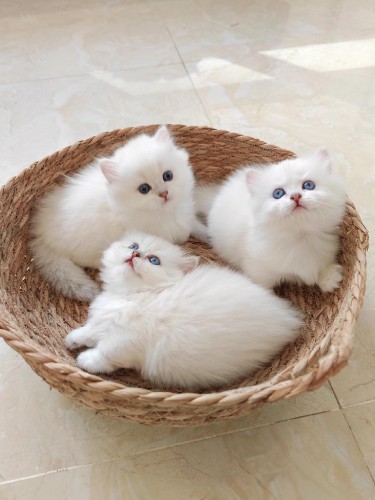

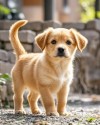

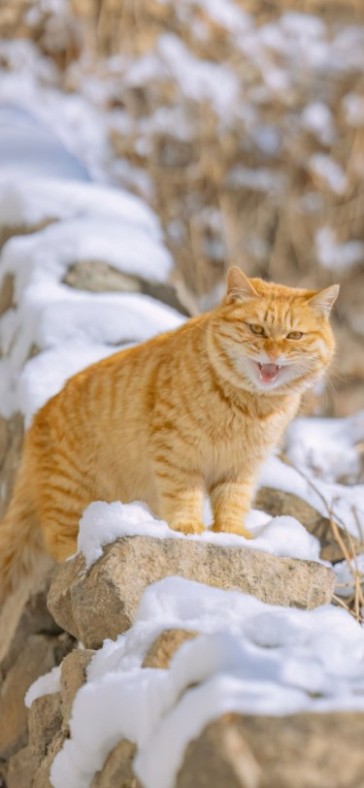
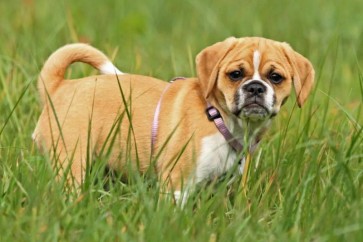
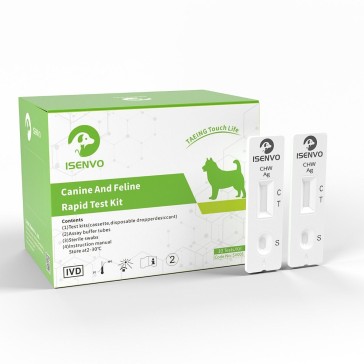
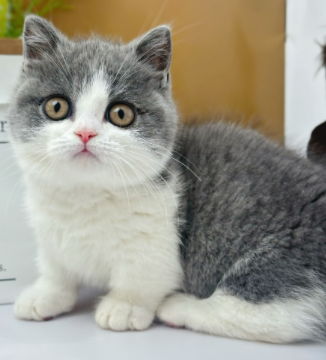
Validate your login